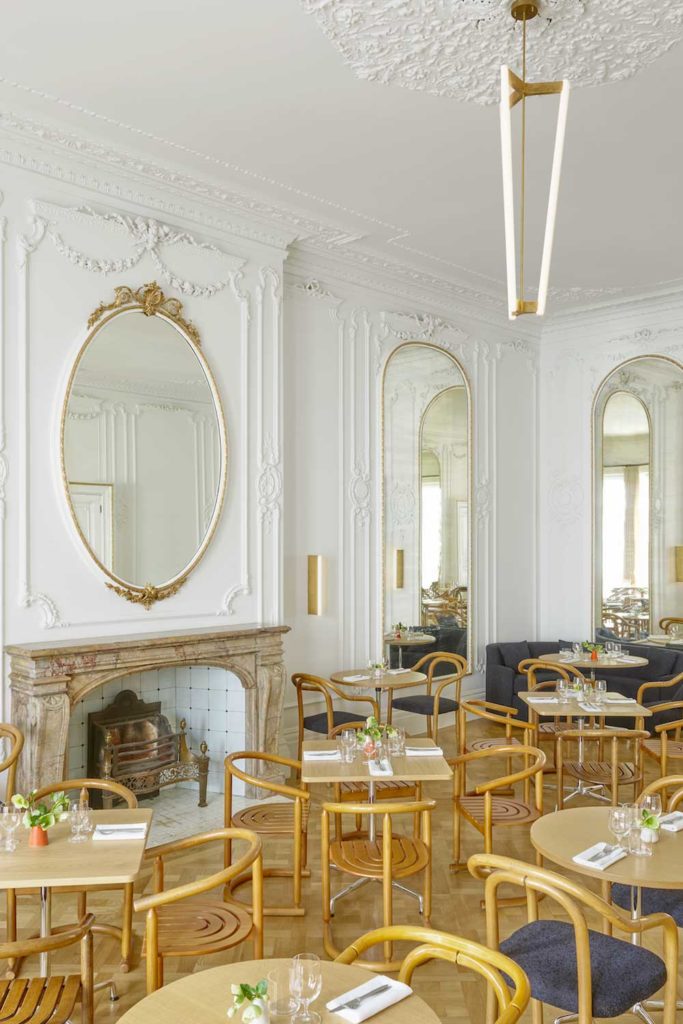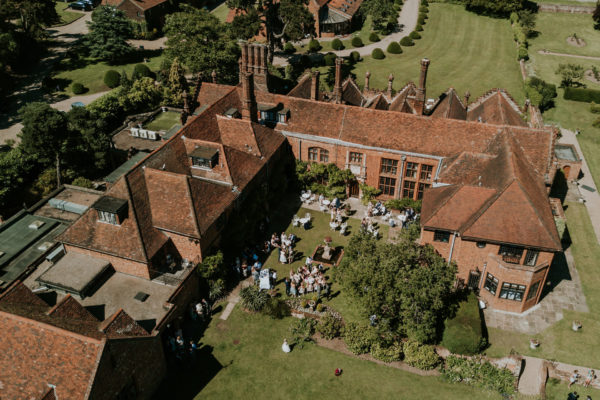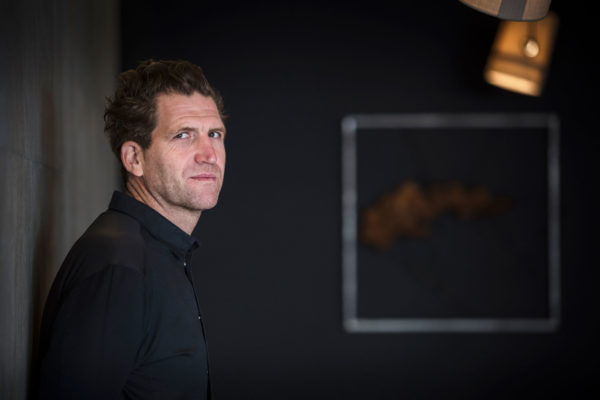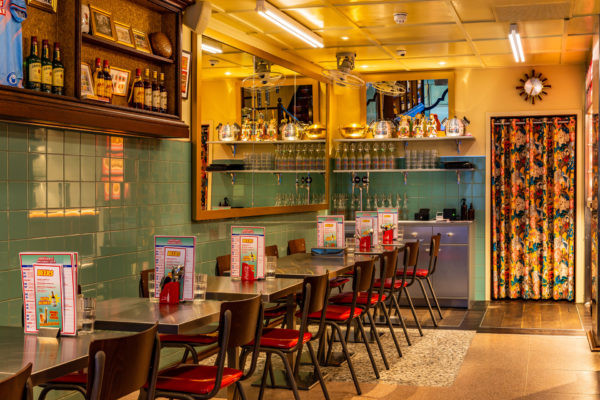Five Minutes With… Asia’s Best Female Chef, Pichaya ‘Pam’ Soontornyanakij
By
1 year ago
The award-winning chef on her Michelin-starred restaurant, Potong

Jenny Jefferies meets Pichaya ‘Pam’ Soontornyanakij, the chef-owner of Potong, in Bangkok, Thailand, who has just been honored as Asia’s Best Female Chef of 2024 by the Asia’s 50 Best Academy. It’s been a particularly exciting time for chef Pam, who is also the youngest and first ever female chef to receive the Michelin Thailand Opening of the Year Award, together with one Michelin star for her restaurant, Potong.
Q&A: Pichaya ‘Pam’ Soontornyanakij
Congratulations on being named Asia’s Best Female Chef of 2024. How are you feeling?
Words cannot describe the feelings that I have! To represent Thailand in bringing our Thai food onto the world stage, I hope it inspires young female chefs who have culinary dreams like mine. This award truly goes beyond my own personal achievement as I believe that this award is because of the skill of the chefs, my respect for heritage, and a relentless willpower and passion to become better. I feel thankful and motivated from this honourable award. It reminds me of some of the tough memories that I had throughout my own cooking career. I always love to challenge myself to a new task and push my boundaries. This award makes me want to grow and become the best version that I can be.
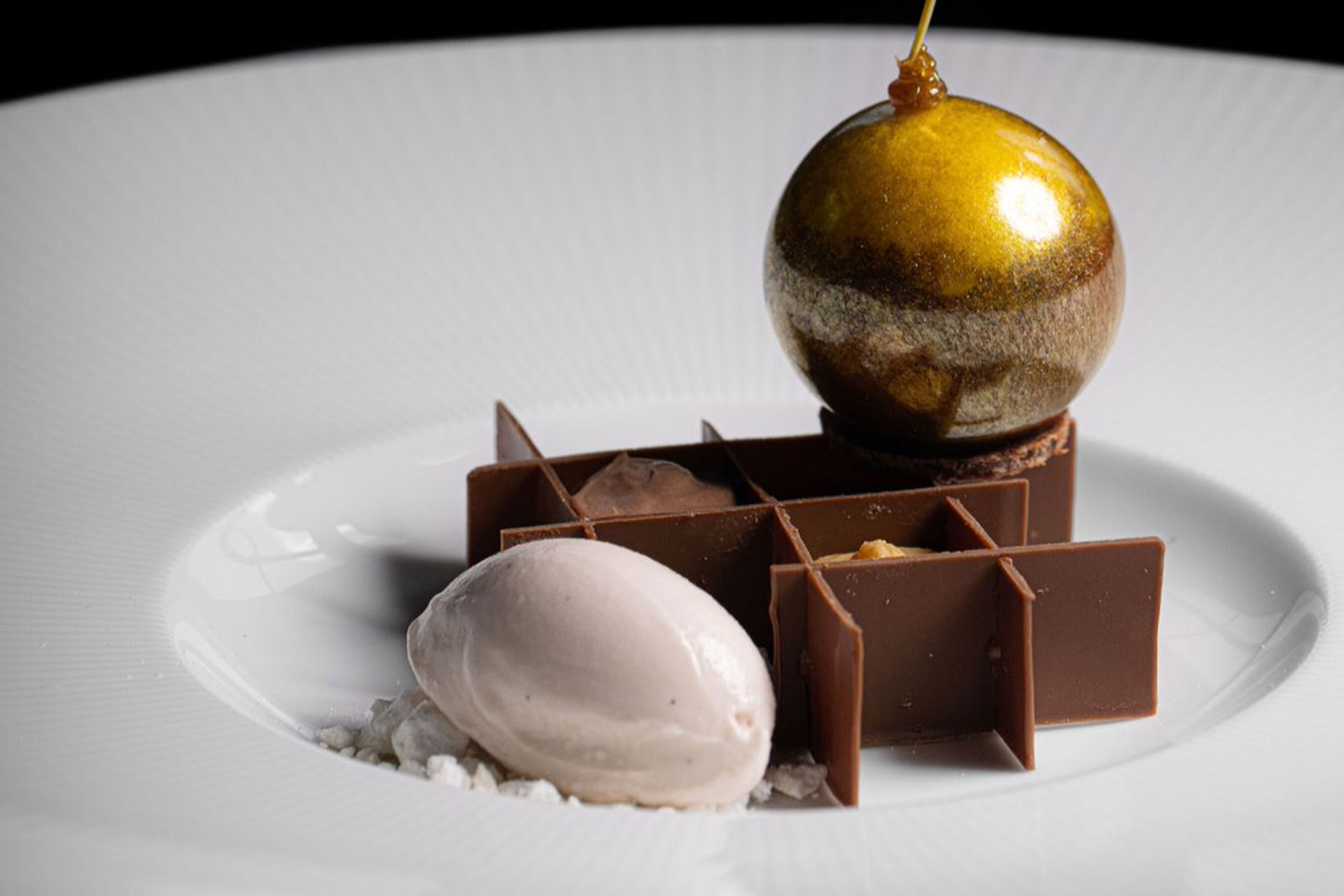
What is your five element philosophy and how is it implemented in your cooking?
Our philosophy revolves around time: we aim to capture memories of the guests. At Potong, we always stay true to our five senses and five elements.
For the five elements, I define this framework by mastering each element: Salt, Acid, Spice, Maillard Reaction, and Texture. Every element encompasses its very own unique and inherent properties and when combined, they work simultaneously to create one united universe.
For the five senses, when we were working on the Potong project, I was still pregnant. I read a book about teaching your child and one part mentioned that in order to make your child memorise the object, they need to have all five senses working at the same time. For example, if I were to teach my child how to learn what an apple is, they need to see the colour, understand what’s it called, the smell, touch and the taste of the apple. If that all happens at once, it’s then registered into the human brain. I therefore believe that it is possible to formulate a memory for my guests and ‘liberate’ one to join my Potong’s memory at the same time.
At Potong, all of the dishes are enforced with this same principle and are all equally important. Each dish besets this five-element philosophy and finds its ultimate statement in our dining room setting.
As for my cuisine, I was the first to elevate and elaborate on Thai-Chinese cuisine. It’s not simple to just relay this Thai historical information through food, but I always love to challenge myself to try. Being Thai-Chinese, I believe that many people share the same memories growing up as me. Looking at the history of 400 years of Chinese immigration to Thailand, we share similar memories when it comes to food. As we all know Thai-Chinese cuisine is not something new, and there are many restaurants that serve Thai-Chinese cuisine particularly. However, our cuisine is called progressive Thai-Chinese cuisine and for us, we were the very first in trying to revive the cuisine, and at the same time put in a new interpretation.
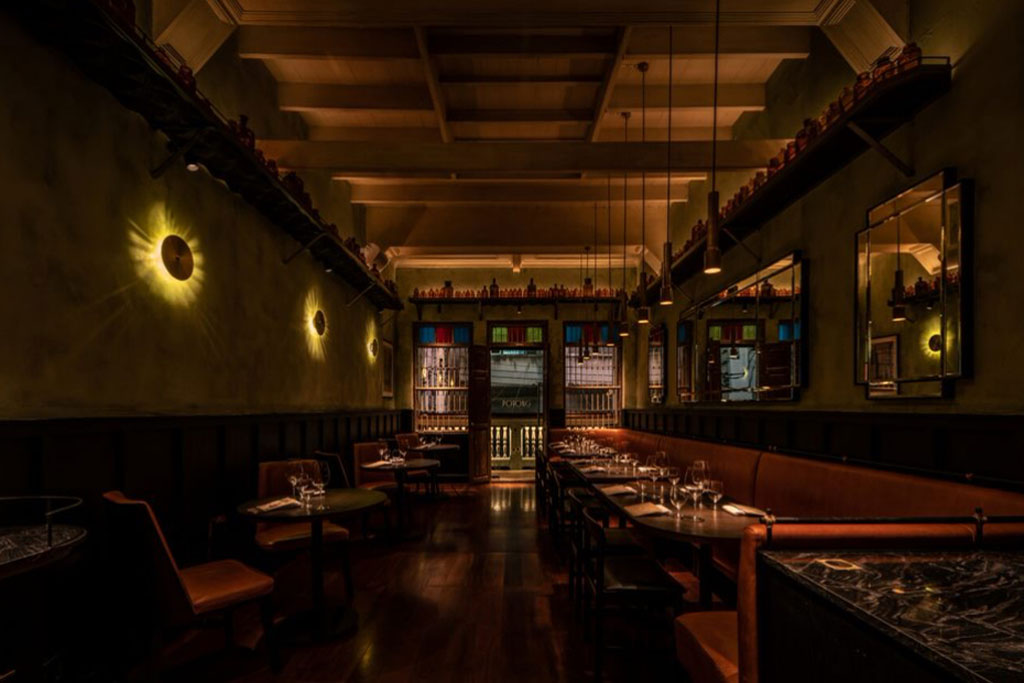
What does ‘potong’ mean?
‘Potong’ is translated as ‘simplicity/ordinary’ and is the key to brilliance. I use this name because it was inherited from the original traditional Chinese medicine of what my ancestors had originally built this place for, and I want to pay respect to that.
Potong took on one of the greatest architecture and design concepts to another level. What is the main hypothesis of the design?
Art plays a great role in the culinary experience at Potong and in short, the whole concept is called juxtaposition. From the architecture to the painting to the food on the plate, our architecture took this concept of putting dissimilar or contrasting things next to each other to accentuate their different qualities. For us this is the ‘Time’. You can see the old and the new existing in the whole space, in every detail possible, and I truly want to pay respect to our heritage.
At Potong you will discover different canvases on the dividers and surrounding settings. These glorious pieces are artistic creations, drawings, letters, and photographs taken by K.Vichai Utharntharm (my grand uncle) who lived in this very Potong building during the 1900s. After he passed away, I wanted to pay homage to my ancestor by putting up these pieces of art to show regard and respect for his artistic talents and creativity. Some of his letters written to the family vividly represented how life must have been like during that time, and that’s exactly what I’d like my guests to experience in Potong – to travel back in time with me, to make a memory.
For the food, I think the art of cooking is the oldest and the most influential of all the arts. It feeds not just the body, but also the spirit and the imagination. I took time to think anew of my plating style, working between traditional and modernity together. You will find that food at Potong looks very different from anywhere else.
What is your ultimate goal for your women-for-women scholarship and internship program?
I founded the WFW scholarship together with AWC Thailand (a non-profit organisation) which provides financial assistance to young females in the rural area of Thailand, who are passionate about pursuing a career in the culinary arts.
The goals are simple:
- To provide an opportunity for a talented young female student chef to gain valuable experience that may help them be able to cope with a competitive environment and to help kickstart their career, giving more value to the community.
- To enable women in rural areas to fund their university education and to help them to be able to pursue their dreams.
The programme is trying to promote gender equality in the culinary industry. It happened when I first met Val Munroz (from AWC) about one year ago and learnt that 6000 THB can help change the future of one female child in rural areas of Thailand to obtain their junior and high school diploma. AWC is run entirely by volunteers, and that tells you something about this group: they truly want to help make a different life for the young Thai female generation.
I have also learnt that many young Thai females in rural areas have smaller chances of getting a proper education. For example, if a family has two children, one boy and one girl, and if they can only afford education for one person, it will most likely be for the boy. I want to be able to help contribute something in this space.
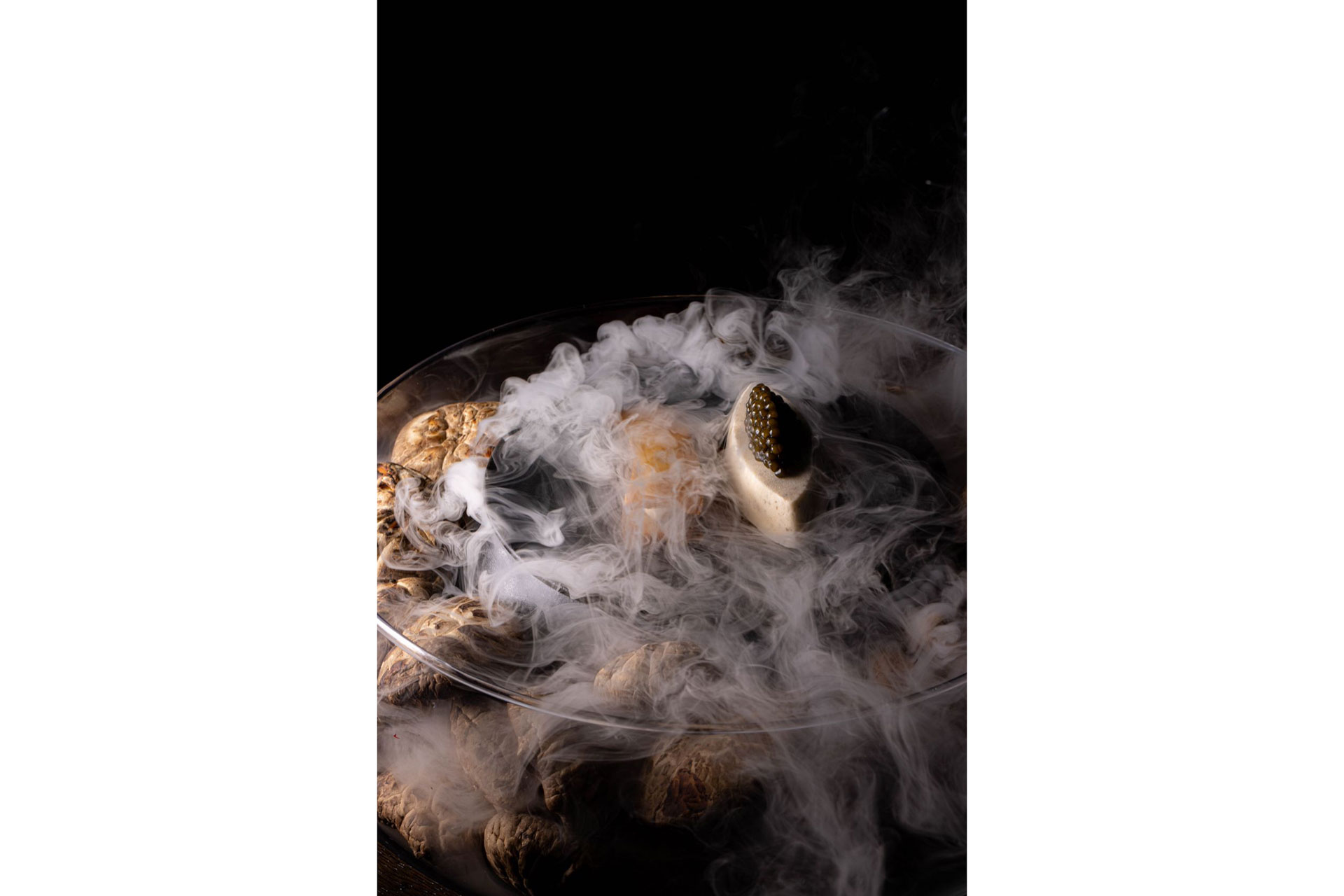
If you had a message for anyone wishing to pursue a career in being a professional chef, what would that be?
Do what you love! Not only for just chefs but in anything, just keep it going. Dreams without goals are just dreams. You have to have the willpower and the skills to back it up. Never give up. It’s as simple as that.
The 12th edition of Asia’s 50 Best Restaurants (sponsored by S.Pellegrino & Acqua Panna), will be announced on 26 March 2024 from Seoul.
Find Jenny on Instagram @jennyljefferies, photography credit @gastrofilm


